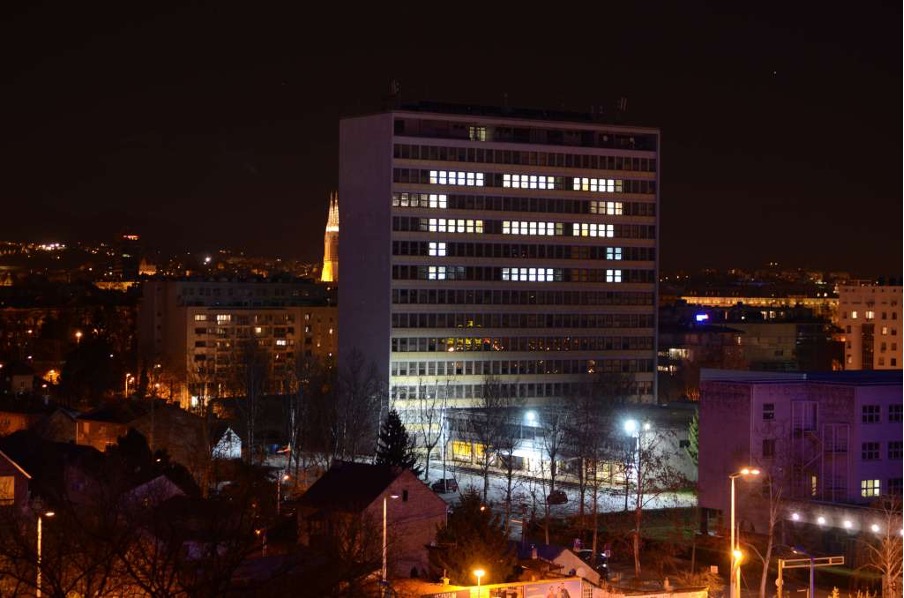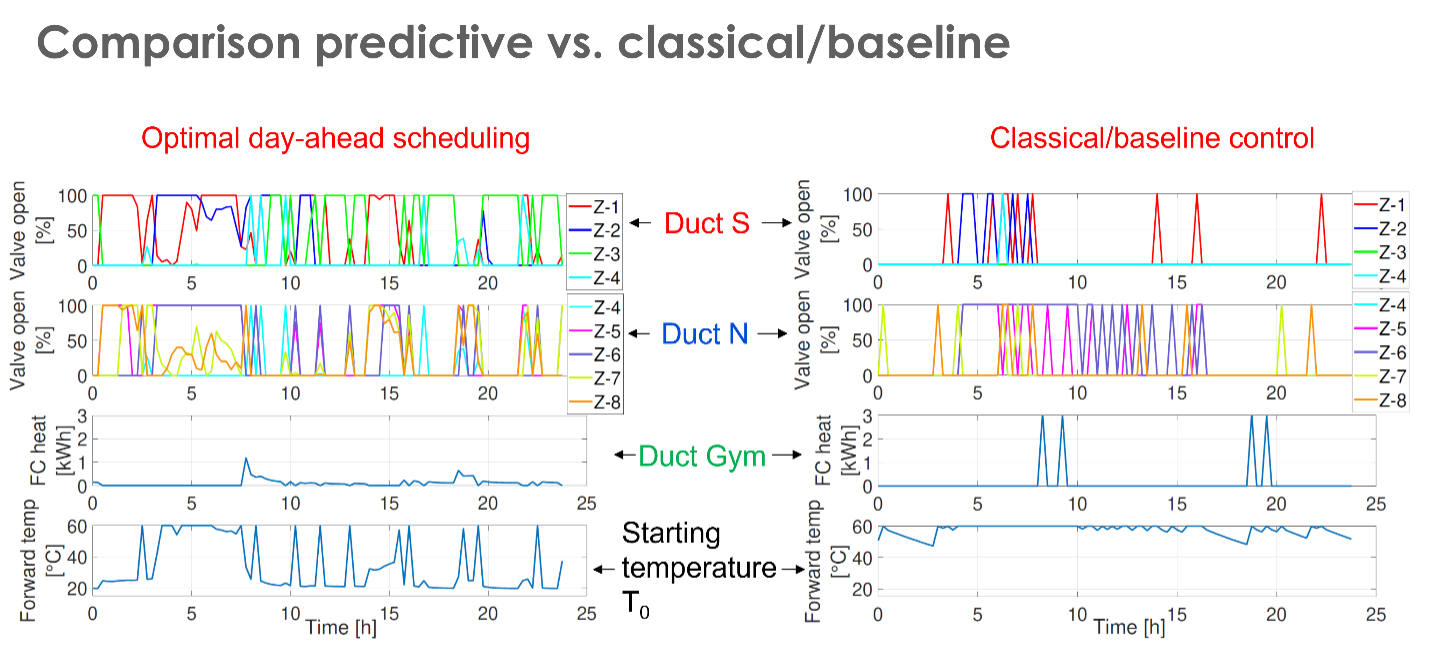3Smart - MANAGEMENT OF SMART BUILDINGS IN THE DANUBE REGION
10-06-2022
Current tendencies in the Danube Region to integrate energy-efficiency measures and renewable energy are not followed by their adequate interactions to enable optimal operation of the building as a whole. Because of that, the 3SMART project aims to provide a technological and legislative setup for cross-spanning energy management of buildings, grids and major city infrastructures in the Danube Region.
At the Danube Transnational Programme, we had the opportunity to talk to one of the project partners: Kristina Rados, Financial and Communication Manager at the Faculty of Electrical Engineering and Computing of the University of Zagreb (Croatia).
What was the situation before?
The high share of renewable energy in the energy systems is not possible without demand-side management, and there were lacking tools as well as clear regulatory provisions to make it possible for buildings – the largest energy consumers. Furthermore, the challenge to applying demand response in buildings lies in the necessity to maintain comfort for buildings occupants throughout the demand response service provision and this is possible only via smart predictive control applied to buildings. The high shares of energy obtained from fossil fuels are not displaced with green energy which threatens the environment and health of the population.

What difference did the project make?
We developed the technology for modular, hierarchical, and predictive management of smart buildings in the countries of the Danube region (Croatia, Hungary, Bosnia and Herzegovina, Slovenia, and Austria) that will maintain comfort as required by the end-users and minimize the building energy costs.
We identified problems in the regulatory framework for the adoption of real-time energy management and demand response and suggested solutions, and pointed out how the developed software tool can be also used in the energy management of different infrastructures in settlements to further increase the flexibility of energy demand.
Comment from the project partners
By implementing the project activities in a pilot building in Croatia we transformed the skyscraper of the University of Zagreb Faculty of Electrical Engineering and Computing (FER) (13 floors, over 250 rooms) into a smart building with an ability to actively participate in the energy market.
With this implementation, we got a system on which we can do interesting research on building management that is important for the active participation of buildings in future green energy systems, without compromising the comfort of building users. As for other pilots, the expected effect of such systems was determined at other pilot facilities in the Danube region thanks to the collected measurements (in Croatia, Slovenia, Austria, Bosnia and Herzegovina, and Hungary).
Thanks to that, a valuable experience on the possibilities of achieving advanced management for different building configurations is gathered – when the investment in building smartness pays off in a reasonable time and when not.


